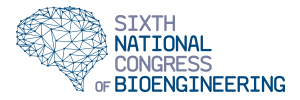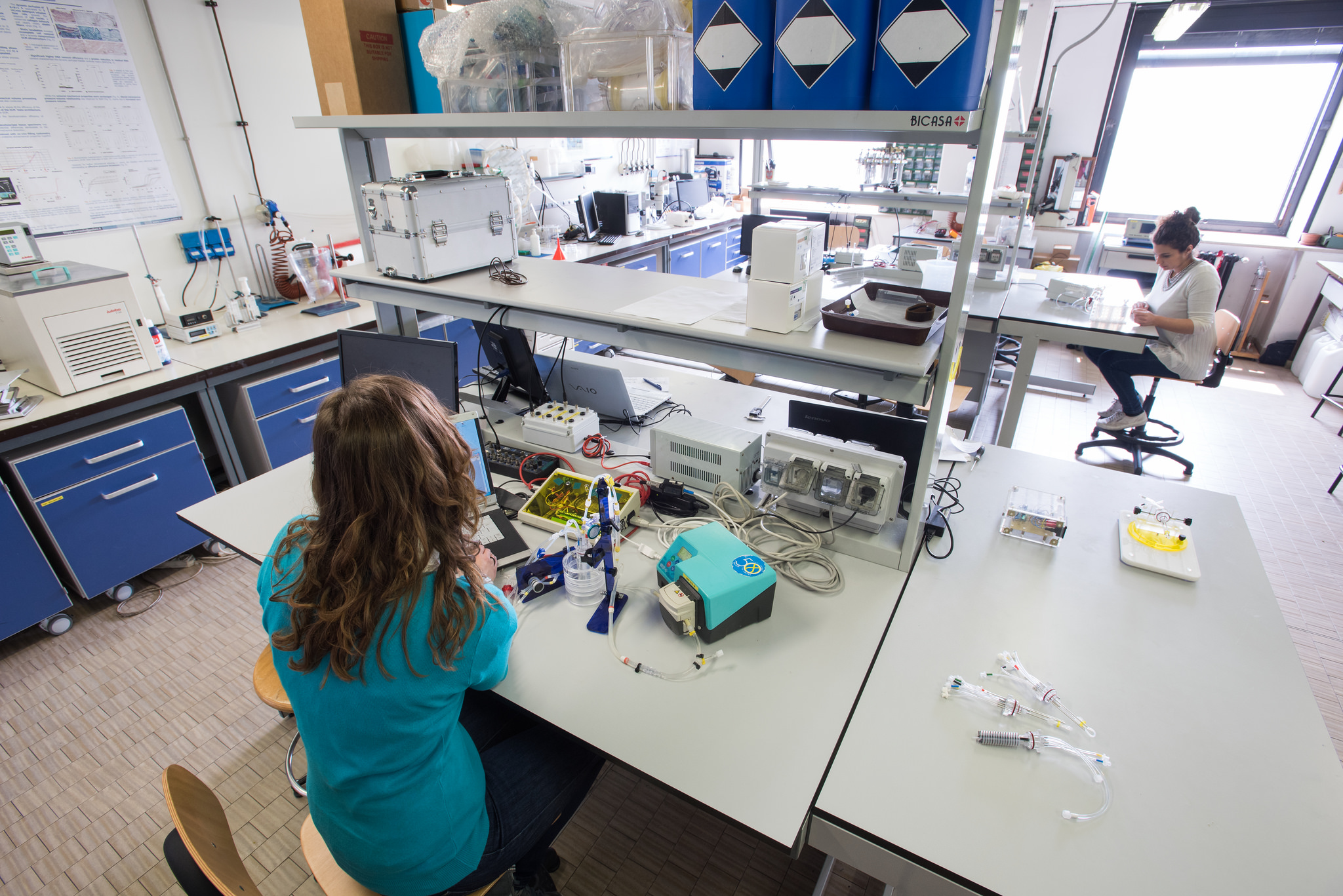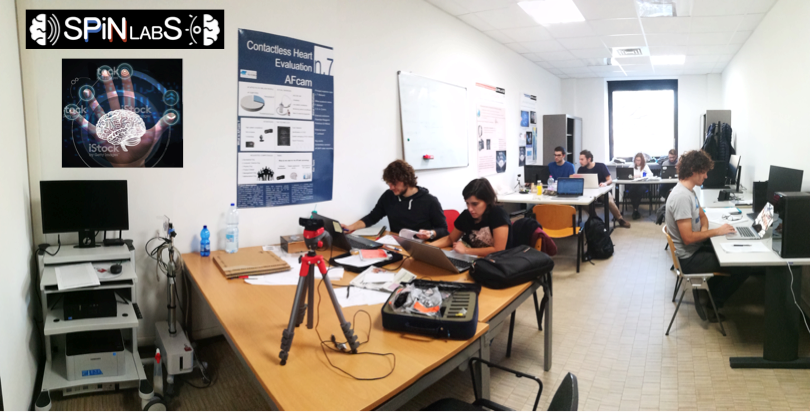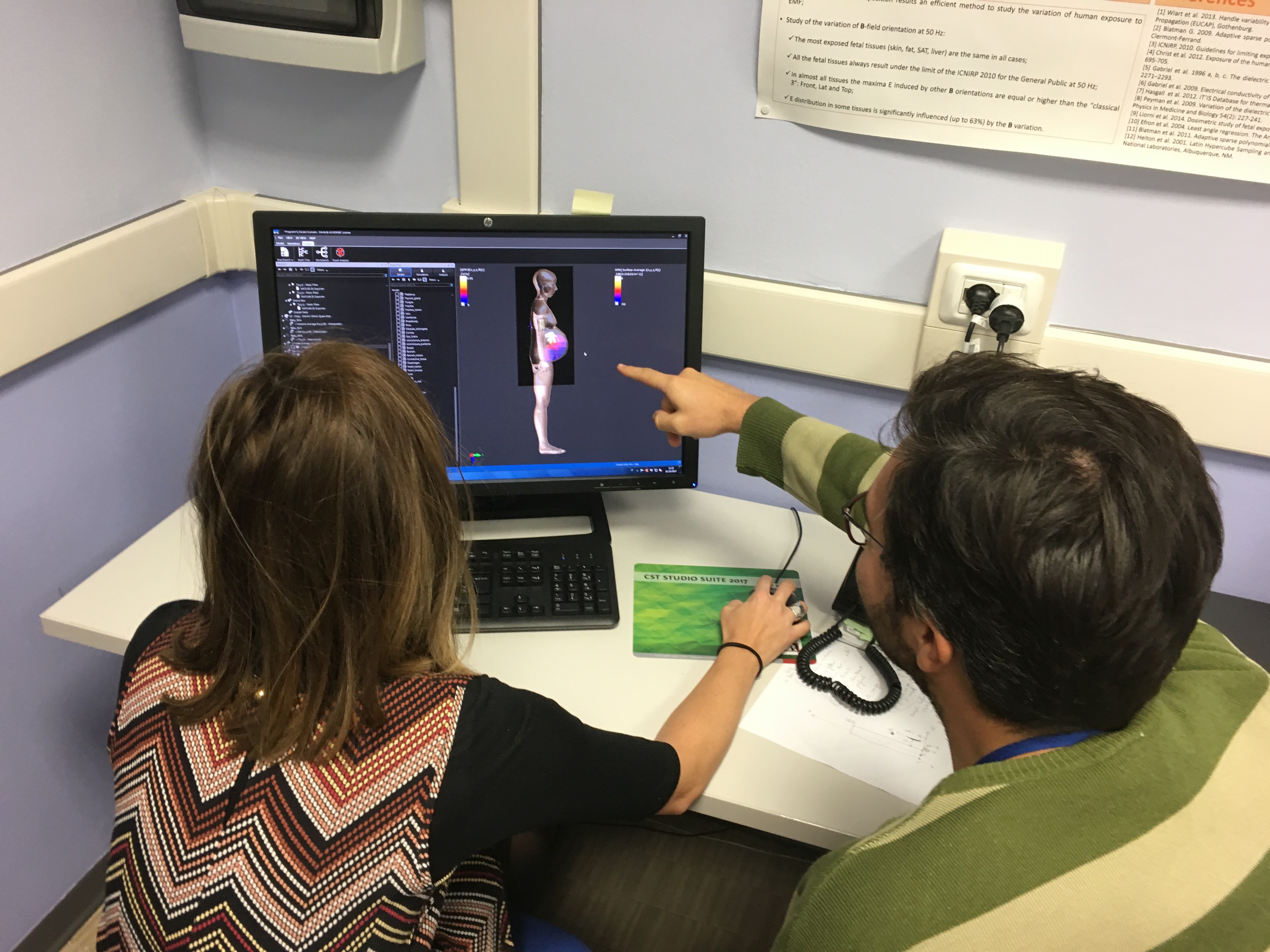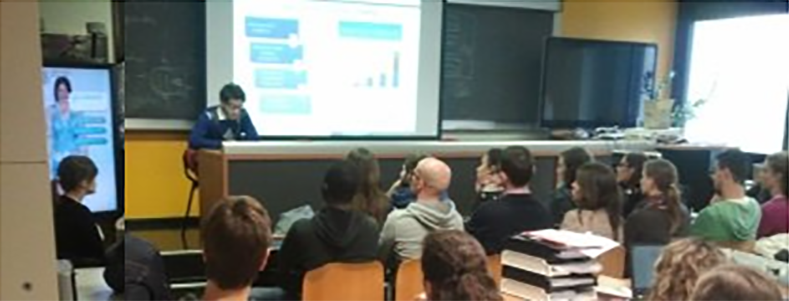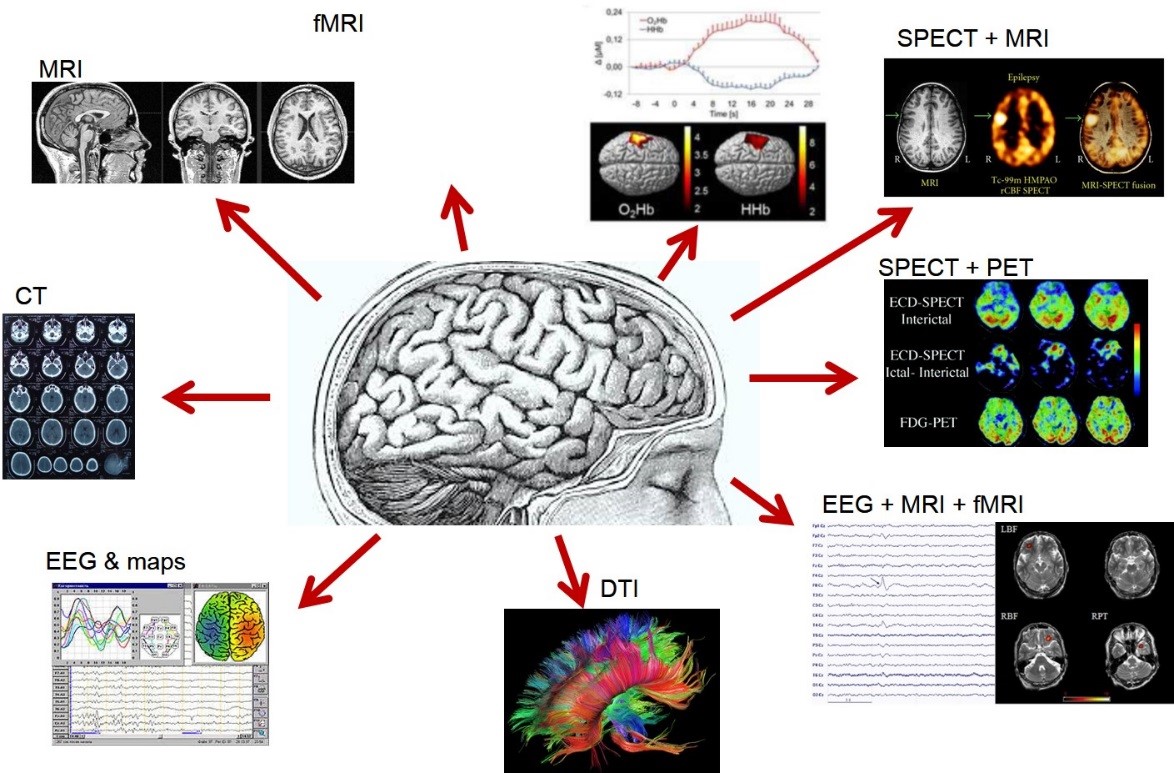DAY 2 // LABORATORIES OF BIOMECHANICS AND BIOMEDICAL SIGNAL PROCESSING
When: June, 26 at lunch
Address: Politecnico di Milano, Building 21 – Via Golgi 39, Milan
Coordinators: Marco Rasponi and Serena Fiocchi
Number of visitors: 60 + 40
1. CBLab (Prof. Redaelli) – The Computational Biomechanics Laboratory is part of the CFDHub@POLIMI lab cluster of Politecnico di Milano and is equipped with state-of-the-heart linux nodes for supercomputing activities. Main research areas include:
– patient specific modeling (valve mechanics, ventricular mechanics, fluid structure interaction),
– in vivo 4D flow MRI analysis,
– augmented reality for surgical training and planning,
– platelet activation and thrombosis,
– artificial organs and prosthesis design,
– microfluid-dynamics (multiphysics simulations of lab-on-a-chip, organ-on-a-chip, Point of Care systems)
– molecular mechanics (molecular modeling including docking, imprinting and adhesion, coarse graining simulations).
